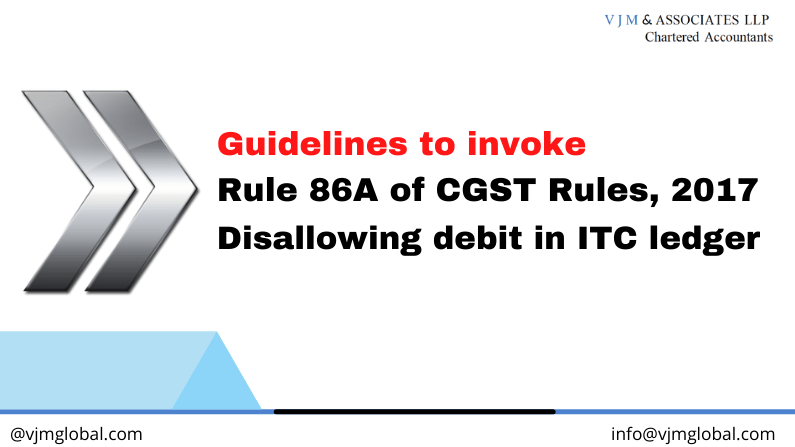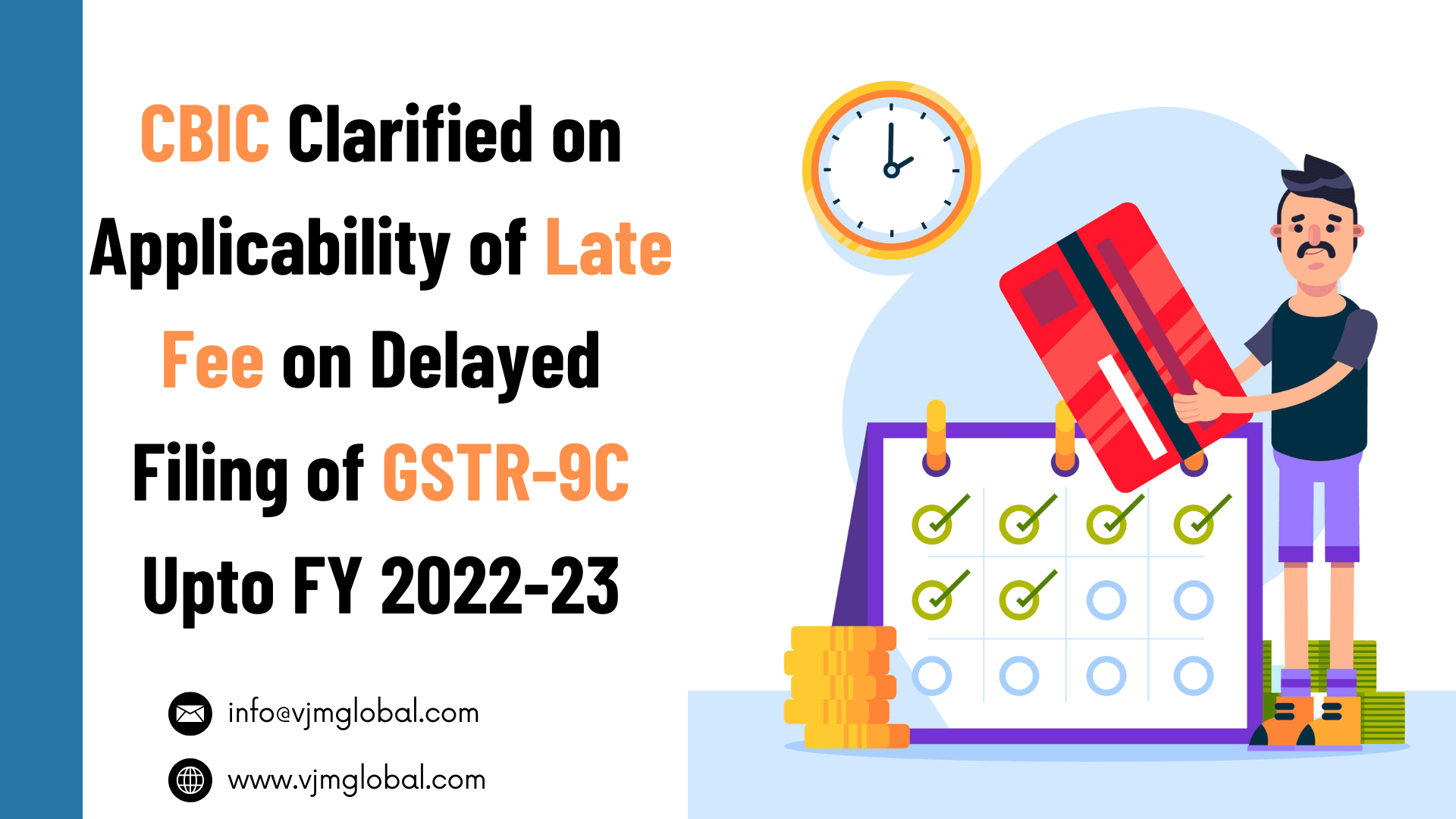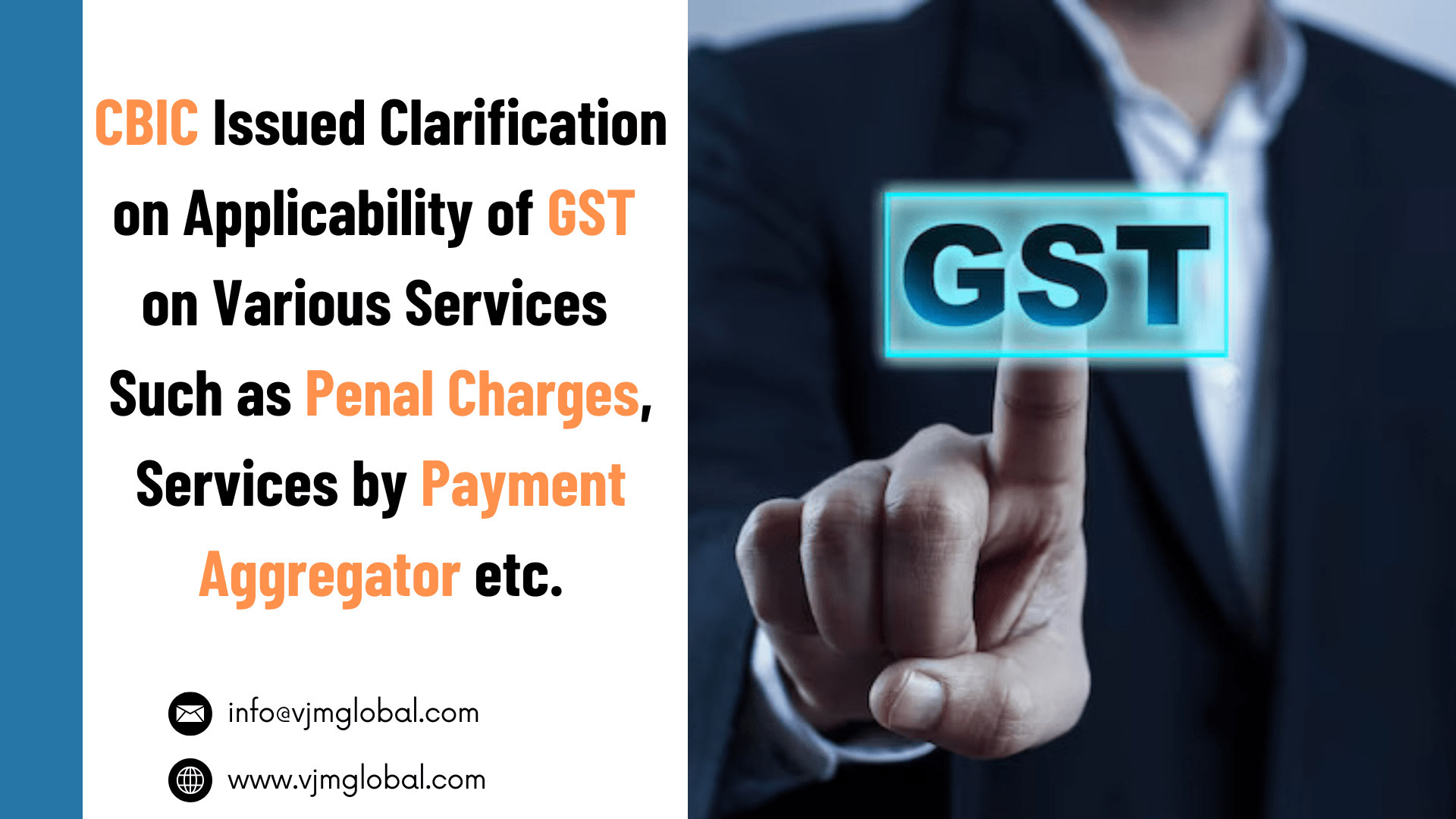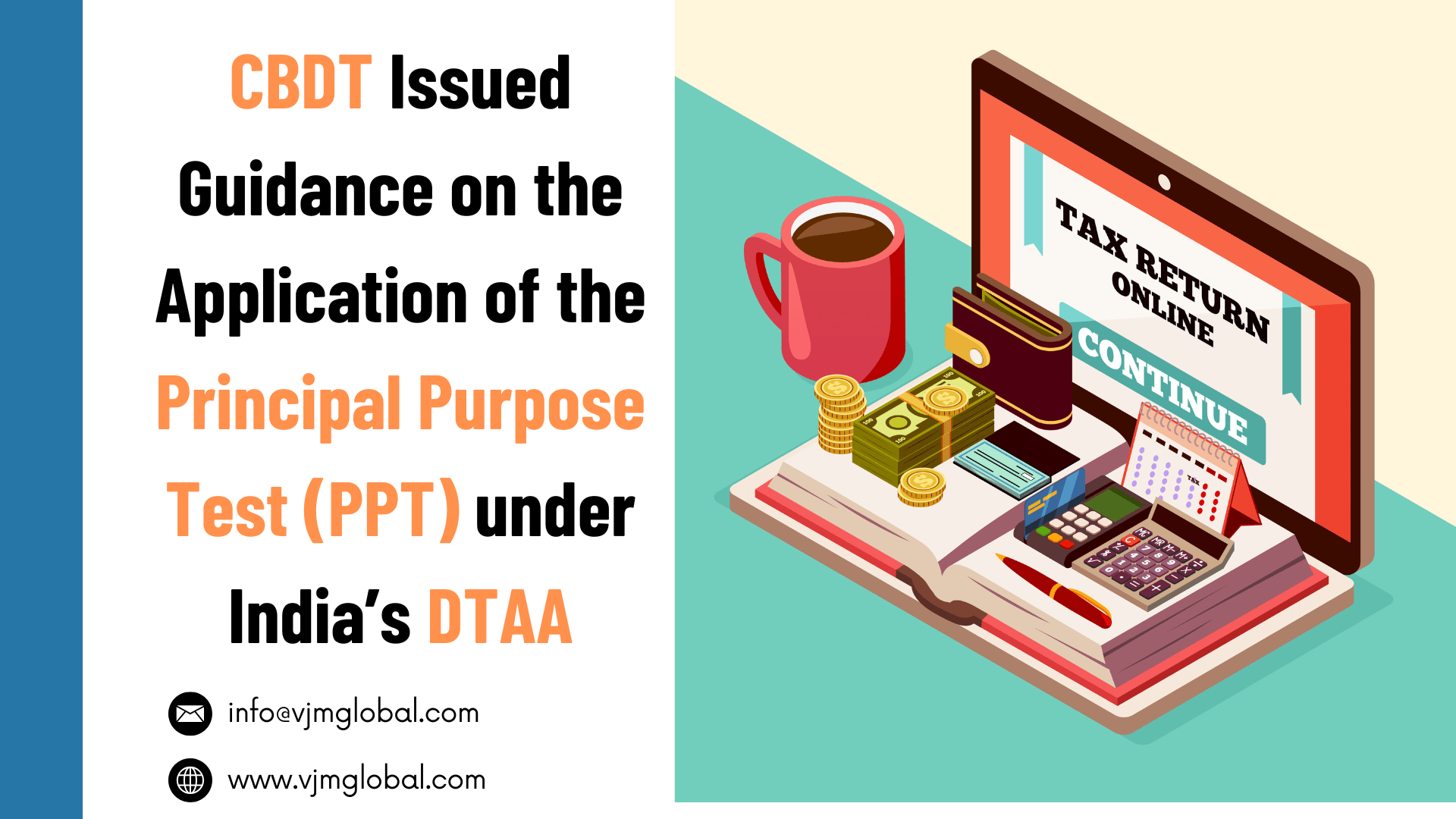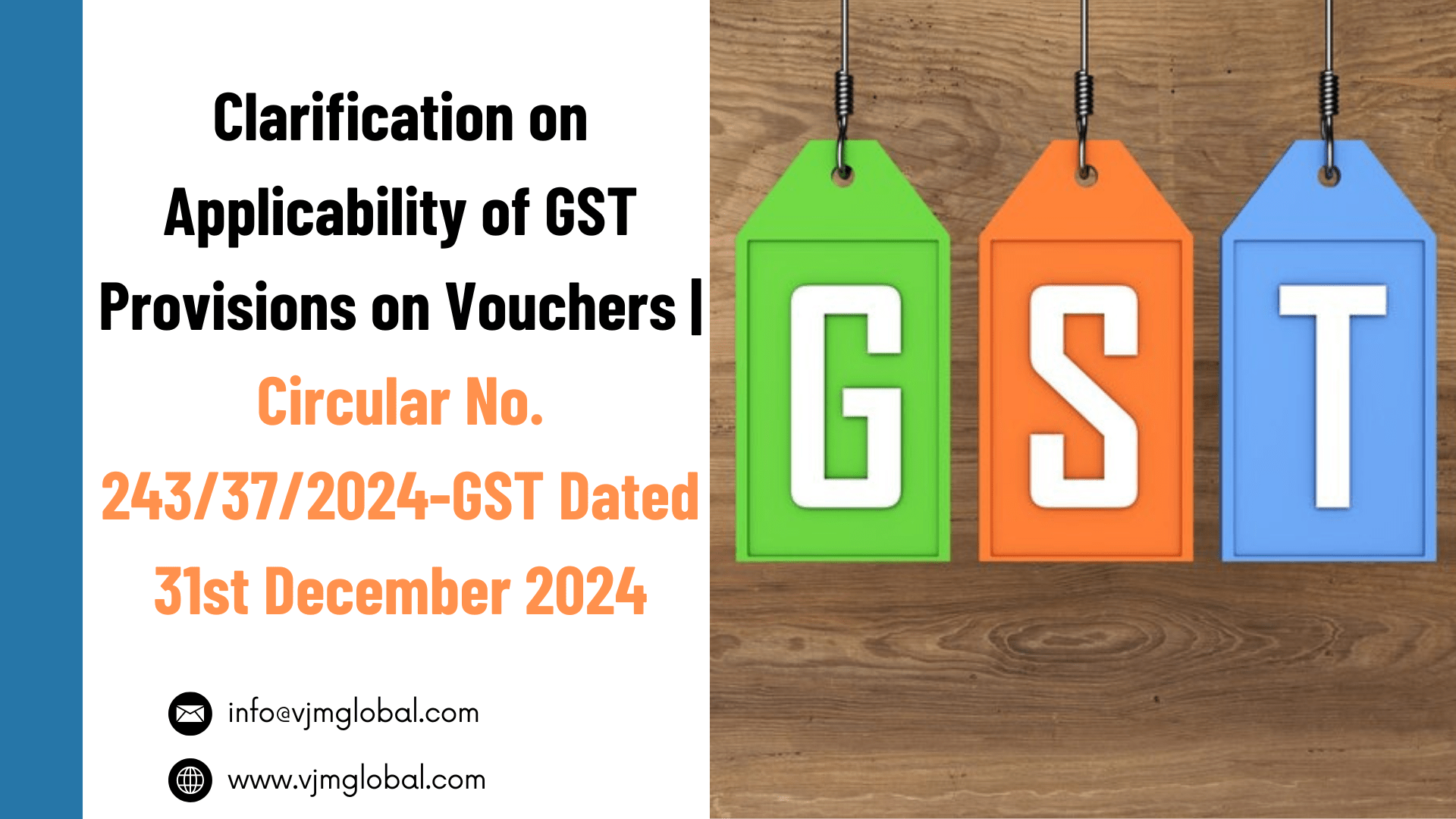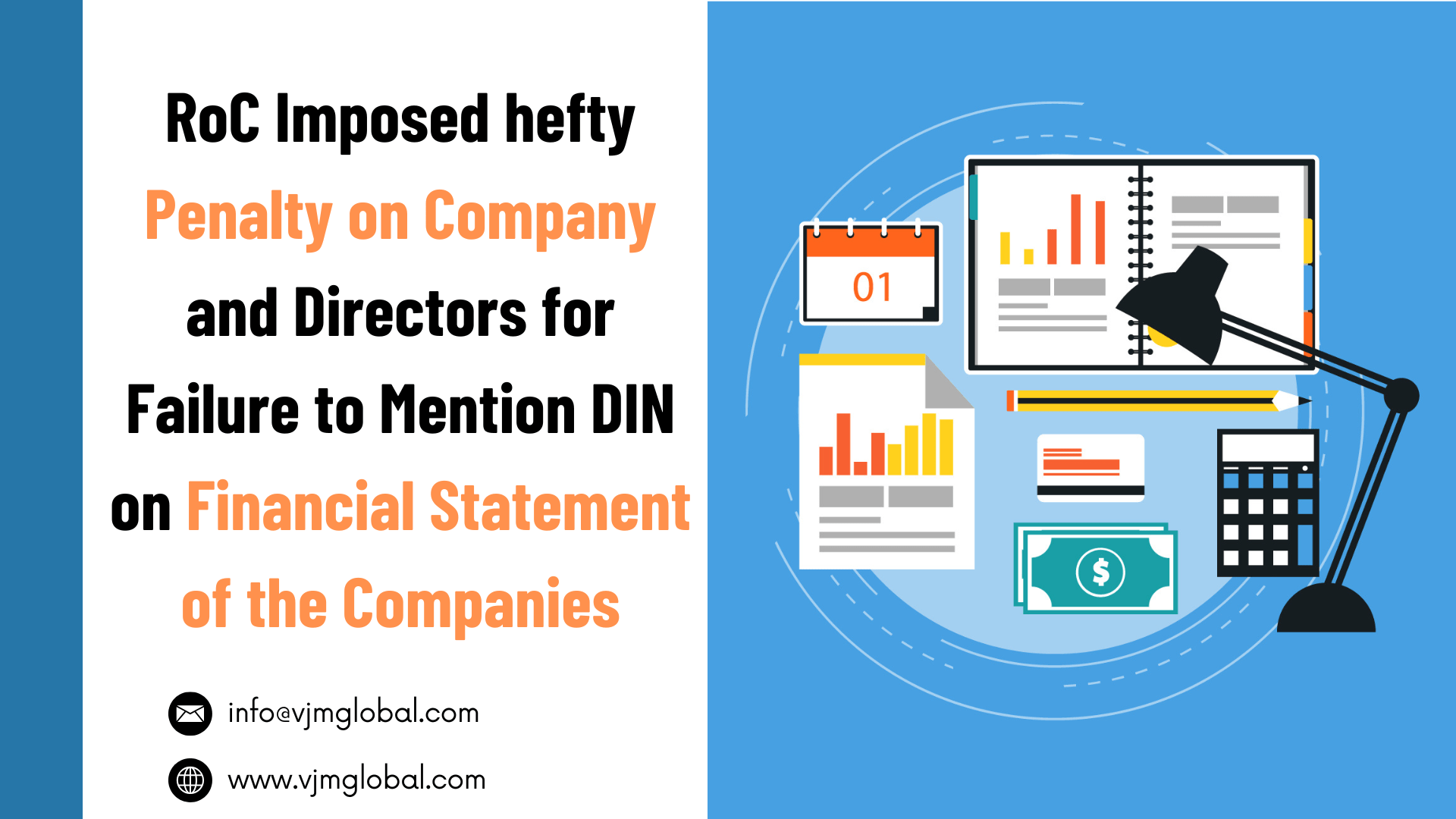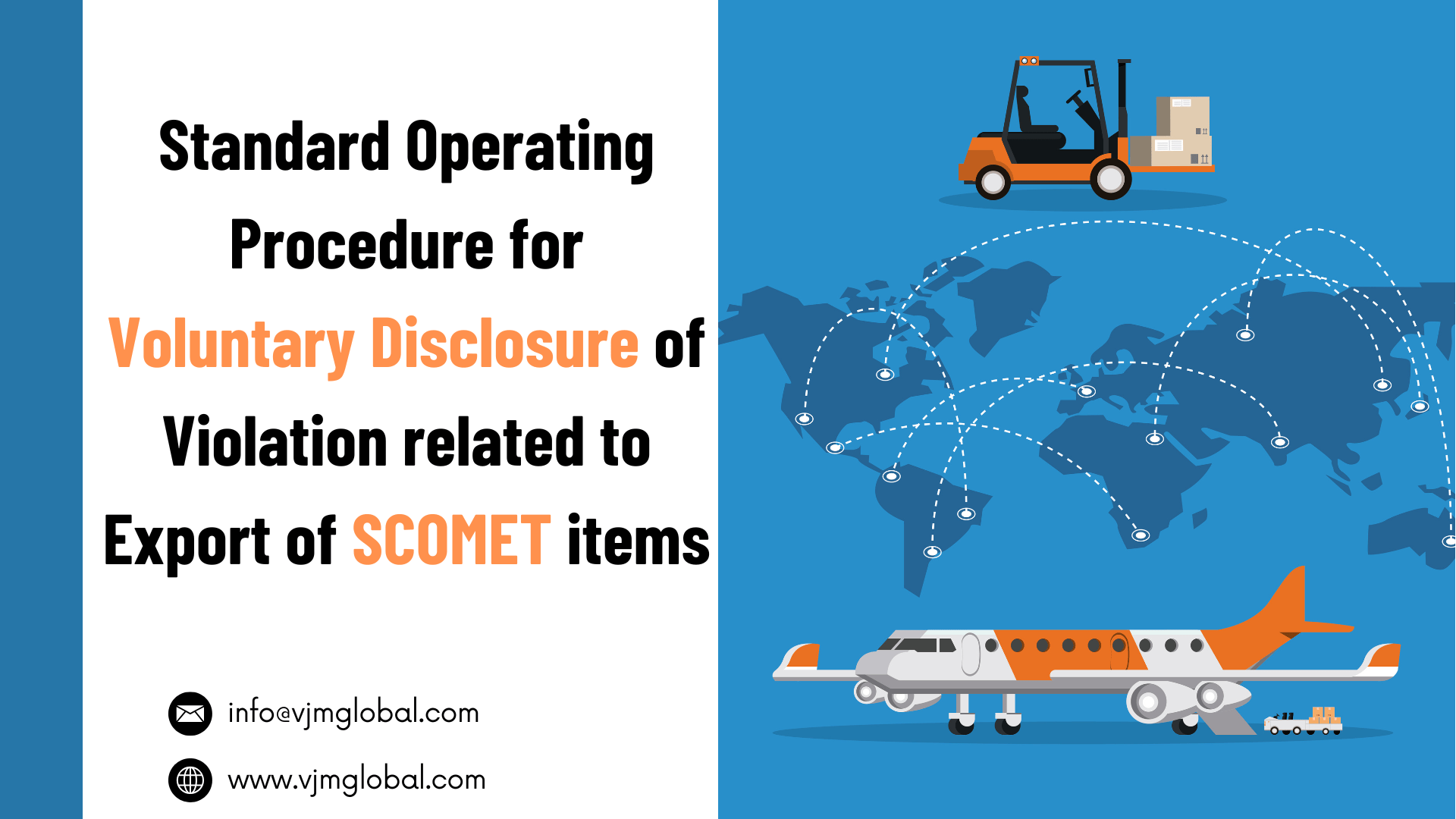Under Goods and Service Tax, availing fraudulent Input Tax Credit has become very common and the government is taking every step to identify such practice and is taking rigorous actions against dealers involved in such malpractices. In this context, Rule 86A is given under CGST Rules, 2017.
Rule 86A restricts debit transactions in Electronic Credit Ledger when GST Authorities are of the opinion that ITC has been fraudulently availed or is ineligible. However, lots of queries are raised by field formations on issues related to restricting debit in Electronic Credit Ledger. Also, in various cases, Hon’ble High Courts have emphasized the need of laying down guidelines for the purpose of invoking Rule 86A.
Considering queries from field formations and instructions of Hon’ble High Court, Central Board of Indirect Taxes and Customs (“CBIC”) has issued guidelines for disallowing debit in Electronic Credit Ledger under Rule 86A of CGST Rules vide CBEC-20/16/05/2021-GST/1552 dated 2nd November 2021.
In this article we will see the guidelines on rule 86A which have been issued by CBIC as follows:
1. Legal Extracts
Rule 86A is reteriated below for ready reference:
Extraction of rule 86A
“”86A. Conditions of use of amount available in electronic credit ledger.-
- The Commissioner or an officer authorised by him in this behalf, not below the rank of an Assistant Commissioner, having reasons to believe that credit of input tax available in the electronic credit ledger has been.fraudulently availed or is ineligible in as much as-
- the credit of input tax has been availed on the strength of tax invoices or debit notes or any other document prescribed under rule 36-
- issued by a registered person who has been found non-existent or not to be conducting any business from any place for which registration has been obtained; or
- without receipt of goods or services or both; or
- the credit of input tax has been availed on the strength of tax invoices or debit notes or any other document prescribed under rule 36 in respect of any supply, the tax charged in respect of which has not been paid to the Government; or
- the registered person availing the credit of input tax has been found non-existent or not to be conducting any business from any place for which registration has been obtained; or
- the registered person availing any credit of input tax is not in possession of a tax invoice or debit note or any other document prescribed under rule 36,
- the credit of input tax has been availed on the strength of tax invoices or debit notes or any other document prescribed under rule 36-
may, for reasons to be recorded in writing, not allow debit of an amount equivalent to such credit in electronic credit ledger for discharge of any liability under section 49 or for claim of any refund of any unutilised amount.
2. The Commissioner or the officer authorised by him under sub-rule (1) may, upon being satisfied that conditions for disallowing debit of electronic credit ledger as above, no longer exist, allow such debit.
3. Such restriction shall cease to have effect after the expiry of a period of one year from the date of imposing such restriction.”]
2. “Reasons to believe” for invoking Rule 86A of CGST Rules, 2017
- Thorough reading of the rule 86A clarifies that the authorised person (Commissioner, or an officer authorised by him, not below the rank of Assistant Commissioner) invoking this rule must have “reasons to believe” that Input Tax Credit availed in Electronic Credit Ledger of a registered person is:
- Ineligible, or
- Fraudulently availed.
- “Reasons to believe” that ineligible or fraud ITC has been claimed must be based on one or more of following grounds:
- Where ITC is claimed on the basis of invoices or debit notes issued by a supplier who does not exist or who is not conducting business from any place of business declared in GST registration.
- Where credit is availed on invoices or debit notes without receiving unlying goods or services.
- Where credit is availed on invoices or debit notes for which corresponding tax has not been deposited to the account of the government.
- Person claiming ITC is found to be not existing or he is not conducting business from any of the places of business declared in GST registration.
- Where credit is availed without having any invoice or debit note or any other valid document.
- Further, competent GST Authority must have exercised following due care before invoking Rule 86A of CGST Rules:
- Opinion of disallowing debit in electronic credit ledger must be formed after proper application of mind and considering all the facts of the case;
- Nature of prima facie ITC fraudulently availed or ineligible Input Tax Credit and whether same is covered under ground specified under Rule 86A of CGST Rules, 2017;
- Amount of ITC involved;
- Whether disallowing ITC is necessary for restricting him from utilizing/ passing on fraudulently availed or ineligible input tax credit to protect the interests of revenue.
- Power under Rule 86A must not be invoked in a mechanical manner and must be invoked after careful examination of all facts of the case. Rule 86A must be resorted with utmost circumspection and with maximum care and caution.
- Material evidence must be available or gathered to determine that ineligible or fraud ITC has been availed.
3. Proper Authority for the purpose of Rule 86A
- Although the commissioner/Principal Commissioner is the proper officer for exercising the powers under Rule 86A. Commissioner/Principal commissioner may also authorise any officer subordinate to him, not below the rank of Assistant Commissioner.
- Commissioners/ Principal Commissioners are advised to authorise based on following monetary limit:
| Total amount comes under the purview of rule 86A | Officer to disallow debit amount from getting input in the Input credit ledger |
| Up to Rs. 1 crore | Deputy Commissioner/ Assistant Commissioner |
| Rs. 1 Crore to Rs 5 Crore | Additional Commissioner/ Joint Commissioner |
| Above 5 Crore | Principal Commissioner/Commissioner |
- The Additional Director General /Principal Additional Director General of DGGI can also exercise the power under rule 86A. Monetary limit of authorising power under Rule 86A for officers above rank of Assistant director is same as above.
- When during the course of Audit under Section 65 or 66 of CGST Act, 2017, Commissioner/Principal Commissioner audit notice that invocation of Rule 86A is required then he may refer the same to jurisdictional Commissioner/Principal Commissioner for examination of the matter for exercise of power under rule 86A.
4. Procedure of disallowing debit in Electronic Credit Ledger
- Rule 86A should be invoked on the basis of material evidence and grounds mentioned in Rule 86A(1) of CGST Rules. Further, above mentioned due care must be exercise for determining “Reasons to believe”.
- Power under Rule 86A should be exercise by commissioner/Principal Commissioner or person authorised by him, as per above mentioned monetary limit.
- “Reasons to believe” must be recorded in writing before invoking Rule 86A.
- Amount disallowed from debiting in Electronic Credit Ledger should not be more than the amount of ITC believed to be fraudulently taken or ineligible.
- The action to disallow debit from electronic credit ledger must be informed to the concerned registered person on the portal along with the details of the officer who has disallowed such debit.
5. Allowing debit of the disallowed/restricted ITC
- The Commissioner or authorised officer may re-examine the matter afresh either on his own or submission of taxpayer with material evidence. If he is satisfied that ITC initially considered as fraudulently availed or ineligible is no longer ineligible or fraudulently avail then he may allow use of such ITC to the extent of eligibility.
- Reasons for allowing debit in Electronic credit ledger should be recorded in writing before allowing such debit.
- The restriction under Rule 86A will cease to have effect after the expiry of one year from the date of such restriction. Which implies that the taxpayer can debit the input tax credit after one year subject to any other action to be taken against such registered person.
- Restriction under Rule 86A is imposed to protect the interest of revenue and it also have major impact on working capital of the registered person. Therefore, in the interest of both, CBIC suggested that investigation and adjudication in such cases should be completed at the earliest, well within the period of restriction, so that liability can be recovered from the said taxable person and the purpose of disallowing such credit is achieved.

